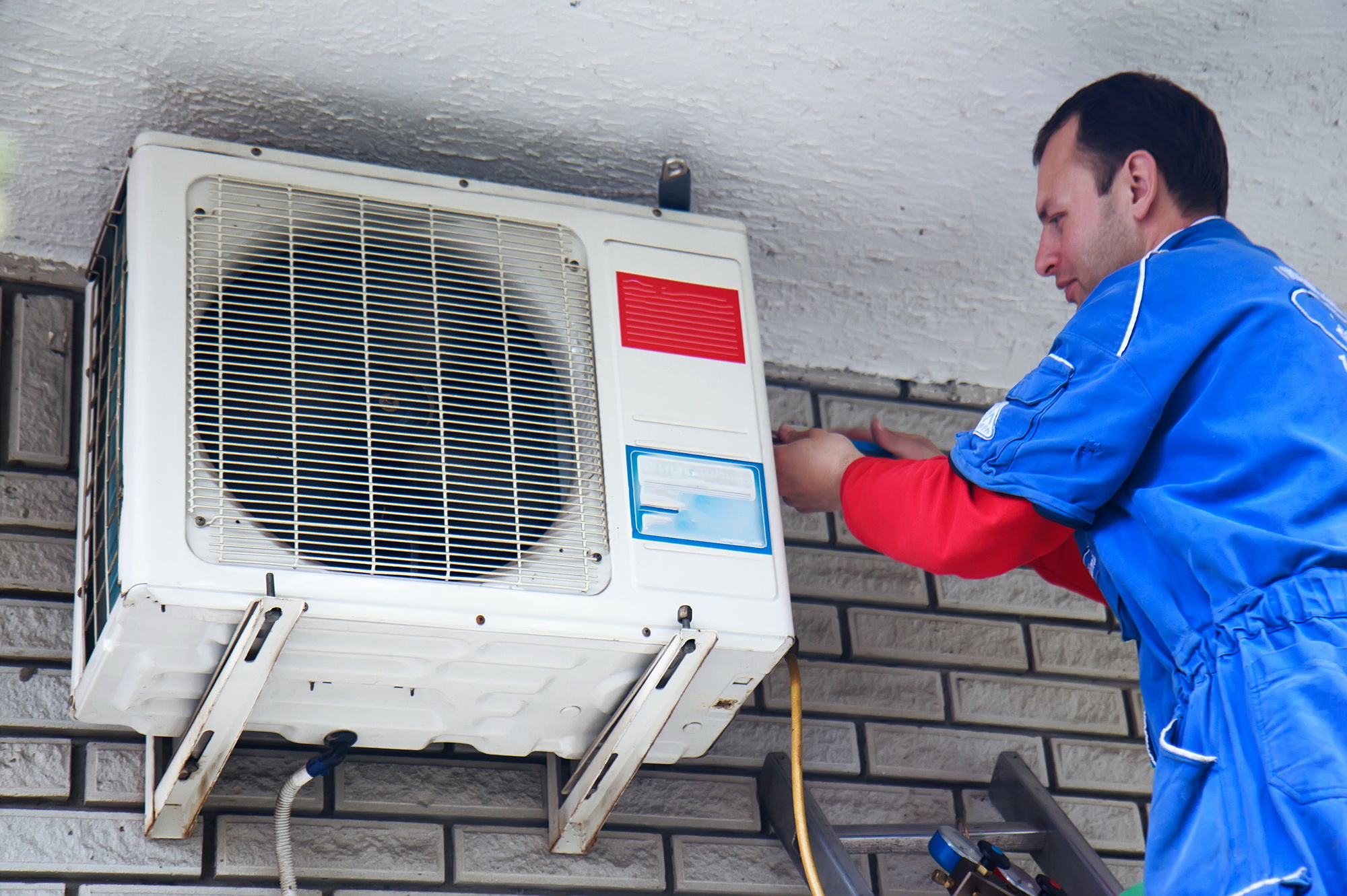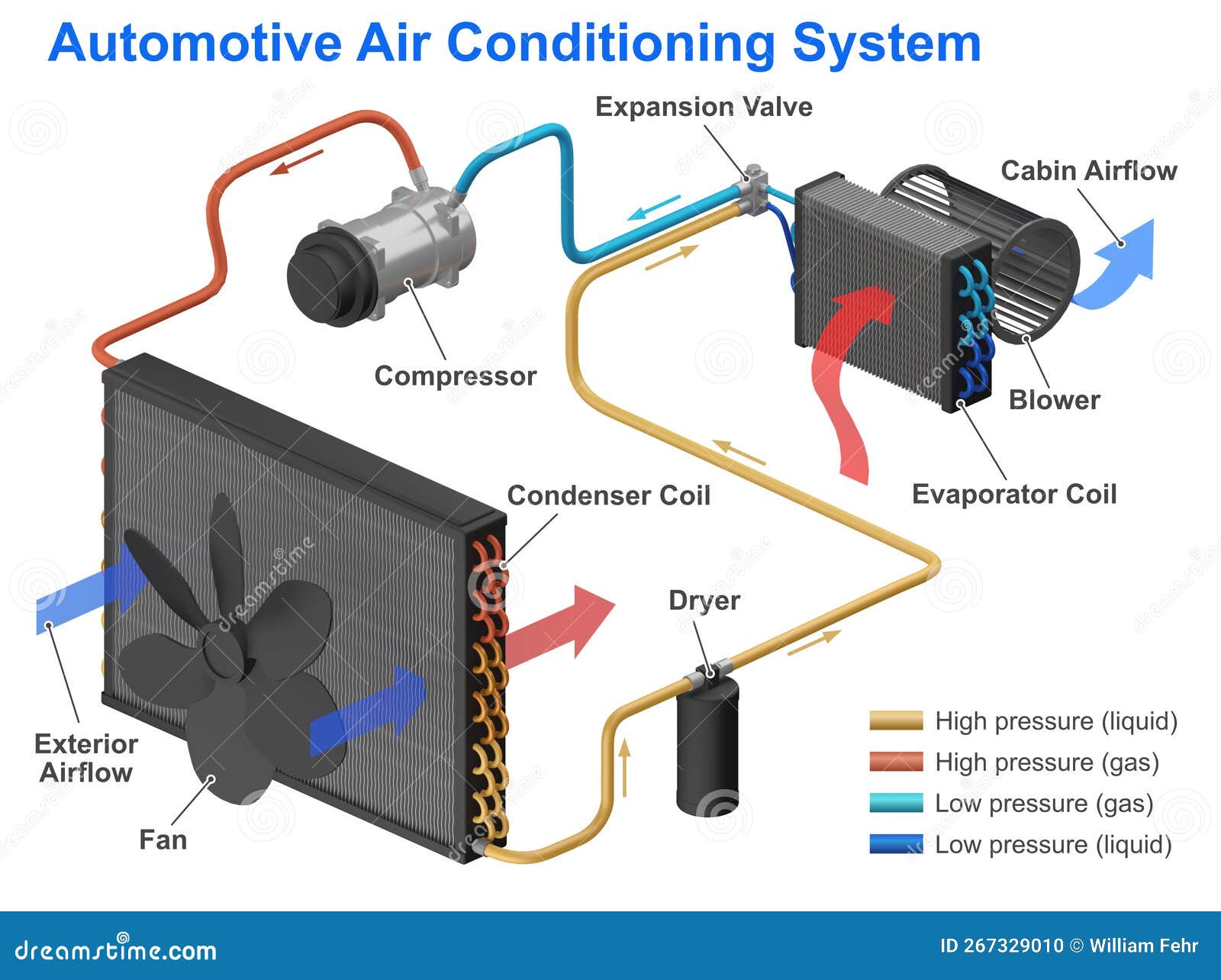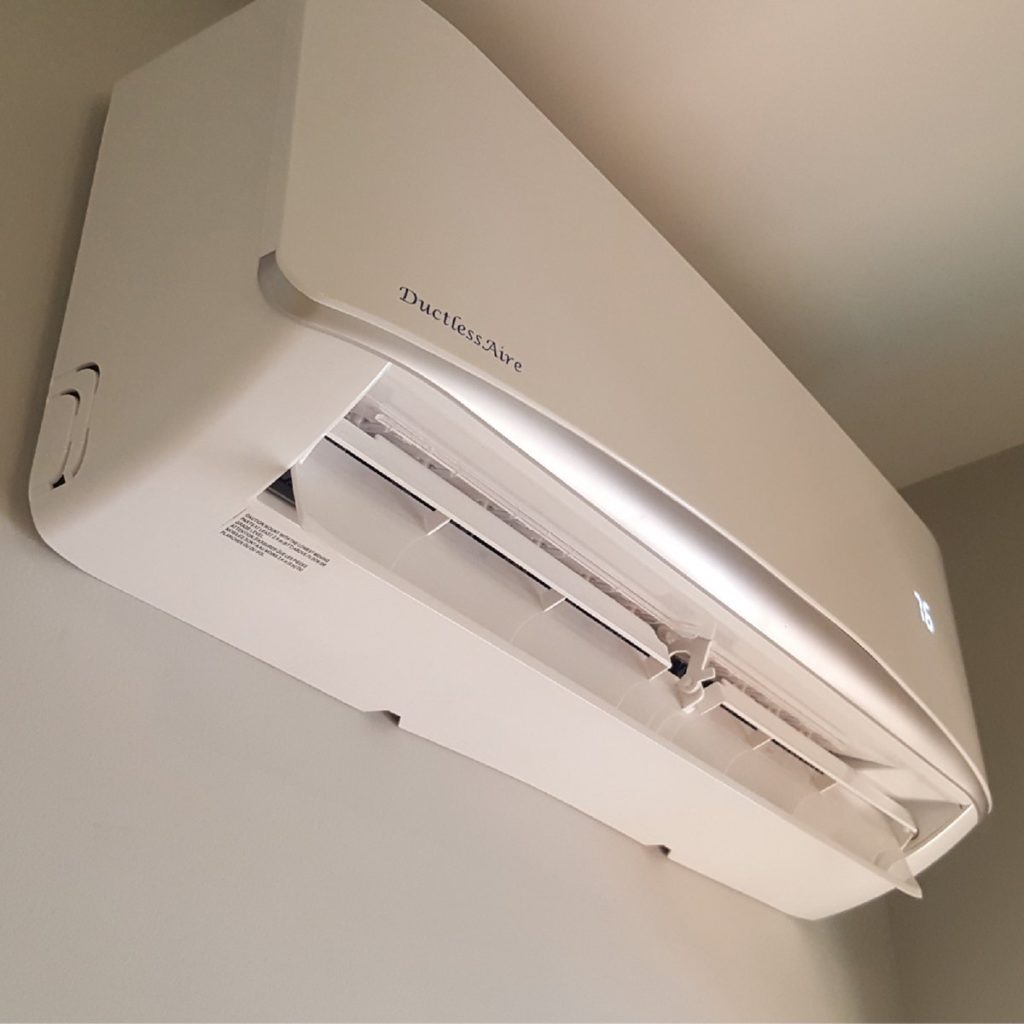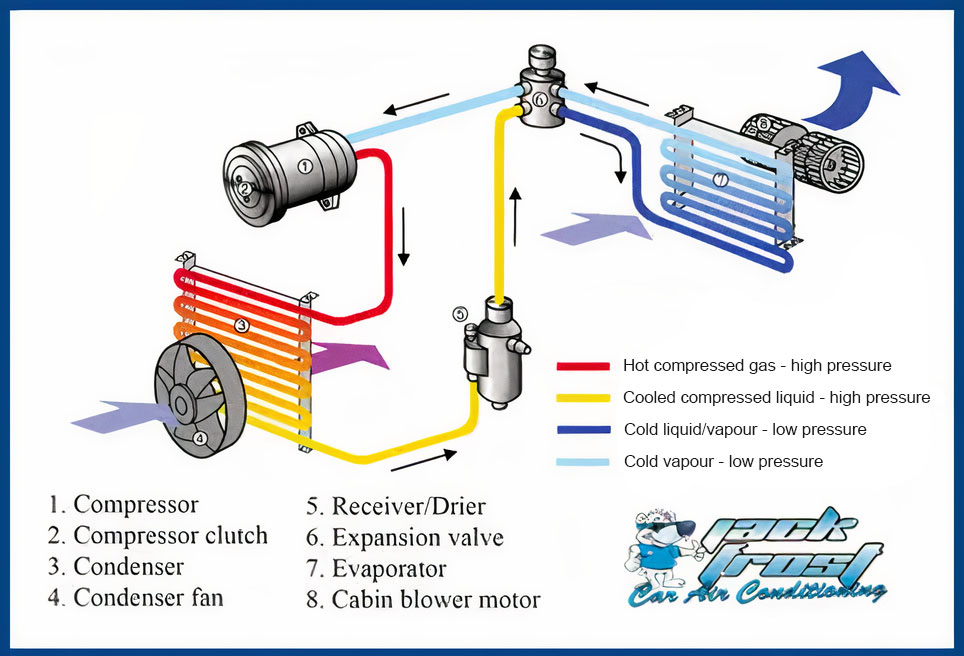When it comes to your air conditioning unit, addressing water leaks resembles putting a bandage on a wound - essential for peak performance. Wondering why your AC is dripping water? Let's explore the covert causes behind this common concern, unwind useful solutions to fix leaks, and comprehend the value of punctual fixings.
Keep tuned to discover the key to maintaining a cool, leak-free setting in your home.
Trick Takeaways
- Routine upkeep protects against a/c water leaks by unclogging drain lines.
- Prompt fixings and assessments extend system life-span and avoid mold growth.
- Do it yourself troubleshooting consists of inspecting filters, pumps, and condensate lines.
- Professional aid makes certain proper water drainage and addresses underlying concerns effectively.
Common Root Causes Of A/c Water Leaks
One common factor your a/c device may be leaking water results from a clogged up condensate drain line. To stop this problem, regular maintenance is essential. You can avoid obstructions by regularly purging the drainpipe line with a mix of bleach and water. This easy upkeep pointer helps keep the line clear, permitting water to flow easily and lowering the threat of leakages.
If you see water merging around your AC system, it is very important to address the trouble immediately. Overlooking the concern can bring about water damage and mold development. In some cases, you might need specialist help to unclog the drain line successfully. An accredited professional can inspect your device, clear any blockages, and make sure appropriate drainage.
Exactly how to Determine a Water Drip
If you notice water merging around your AC unit, a typical indicator of a leakage, it is essential to quickly determine the resource of the concern. Drip discovery is crucial in avoiding additional damage to your cooling system. Start by checking for any type of noticeable signs of water leakage, such as puddles or drips around the unit. Inspect the drainpipe line for clogs or obstructions that might be creating water to support. Furthermore, seek any kind of splits or openings in the condensate frying pan that could be enabling water to run away.

Condensation monitoring is an additional essential facet of recognizing a water leak. Make certain the condensate line is properly linked and draining pipes as it should. Often, inappropriate installment or damage to the line can bring about leaks. Check the insulation around the line too, as any type of damage might cause condensation to create in unintended locations.
DIY Troubleshooting Tips
Wondering how you can repair water leaks from your air conditioning system on your own? Right here are some DIY repairing tips to help you resolve the concern properly:
- Examine the Filter: Begin by inspecting and cleansing the air filter. A clogged up filter can limit air movement, causing ice buildup and eventually triggering water leakages.
- Evaluate the Condensate Pump: Make certain that the condensate pump, responsible for removing excess dampness, is operating properly. If it's not working, water may gather and leakage.
- Look for Obstructions: Check for any clogs in the condensate drain line. Debris or algae build-up can restrain correct water drainage, leading to leaks.
- Check Out the Refrigerant Degrees: Low cooling agent levels can trigger the evaporator coil to freeze, resulting in water leakage. If you suspect this concern, get in touch with an expert for support.
- Monitor the Thermostat Settings: Wrong thermostat setups can cause the device to run longer than necessary, possibly causing excessive condensation. Change the settings to make sure peak performance and stop leaks.
Significance of Timely Repairs
Dealing with water leaks from your a/c unit promptly is very important to avoid further damages and maintain peak efficiency. Timely repairs supply considerable advantages, consisting of expanding the lifespan of your unit, enhancing energy effectiveness, and protecting against expensive water damages to your home. Overlooking these leaks can cause mold and mildew development, structural wear and tear, and potential carcinogen.
To assure your air conditioning system runs smoothly, normal upkeep is vital. Easy upkeep ideas such as cleansing or replacing air filters, checking for blocked drainpipe lines, and inspecting the condensate pan can aid protect against water leaks. In addition, organizing specialist examinations at the very least annually can capture any possible concerns beforehand and stop them from intensifying into significant problems.
Protecting Against Future Water Leakages
Curious just how you can proactively stop future water leaks from your air conditioning unit? Below are some vital steps to help you preserve your device and avoid prospective concerns:
- Normal Upkeep Schedule: Set up a regular maintenance schedule with an expert a/c service technician to guarantee your unit is effectively inspected and serviced.
- Tidy the Condensate Drainpipe: Frequently inspect and cleanse the condensate drain to avoid clogs that can lead to water leaks.
- Inspect Insulation: Check the insulation around your air conditioning system to make certain it's intact and properly secured, preventing condensation buildup.
- Replace Air Filters: Frequently replace or clean air filters to avoid dust and particles from blocking airflow and creating leaks.
- Display Water Levels: Keep an eye on the water levels in the condensate pan to identify any uncommon rises, showing a possible concern that needs focus.

Often Asked Concerns
Can Water Leaks From an A/c Device Cause Damage to the Surrounding Walls and Floors?
Water leakages from any type of appliance can result in serious damages. Safeguarding your flooring is important when managing leakages.
Implement preventive measures to stay clear of prospective problems. Waterproofing options can help protect against extensive wall surface damages.
Be proactive in addressing leaks to protect your home's framework.
Are There Any Kind Of Health And Wellness Risks Connected With Water Leakages From a Cooling Device?
When it involves wellness ramifications, water leakages from your cooling device can lead to mold development, which can set off allergies and breathing issues. To avoid this, guarantee regular upkeep of your system and without delay resolve any kind of leaks.
Likewise, be alert about indicators of water damages, as it can compromise your indoor air quality. Regularly looking for leakages and resolving them without delay can assist keep a healthy living setting.
Just How Can I Figure Out if the Water Drip From My Air Conditioner System Is a Minor Problem or a Significant Issue Requiring Professional Repair Work?
When assessing water leaks from your air conditioner system, you can start with DIY troubleshooting like looking for blockages or leakages in the drainage system. If issues linger, it's important to ponder an expert inspection for a more accurate medical diagnosis.
While quick fixes might give short-lived relief, long-term remedies typically require the knowledge of an experienced service technician to stop future issues and assure your system's finest performance.

Is It Feasible for Mold And Mildew or Mildew to Create as an Outcome of a Water Leak From a Cooling System?
Yes, mold avoidance is essential when handling water leaks from your a/c unit. Regular maintenance and leakage detection are crucial to stop mold and mildew or mildew growth.
Exist Any Kind Of Possible Electric Risks That Can Occur From Water Leakages in an A/c Unit? https://walthamstowacinstallation.co.uk
Possible threats from water leakages in an air conditioning unit can include electrical safety and security threats. When water enters contact with electrical components, it can bring about short circuits, electric fires, or damage to the device.
It's critical to attend to any leaks quickly to prevent these dangers. Routine maintenance and examinations can help you recognize and solve any kind of issues before they intensify right into more substantial problems.
Verdict
Do not ignore water leaks from your a/c device. Resolving them promptly can guarantee costly damages and make sure your system runs successfully.
Keep in mind to consistently inspect your system, clean the condensate line, and replace filters as needed. Taking these simple steps can assist you stay clear of potential migraines in the future and keep your home cool and comfy.

Stay proactive and keep your air conditioning in top form!
